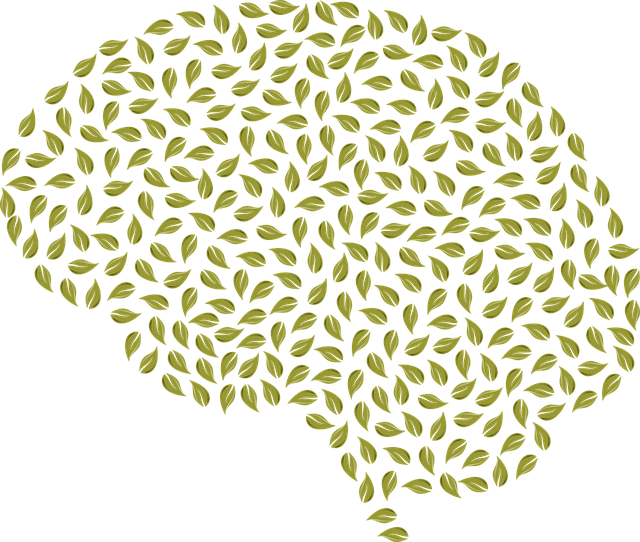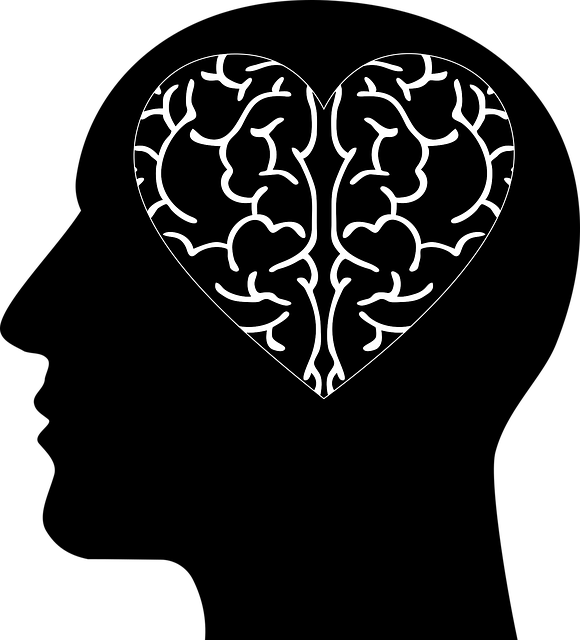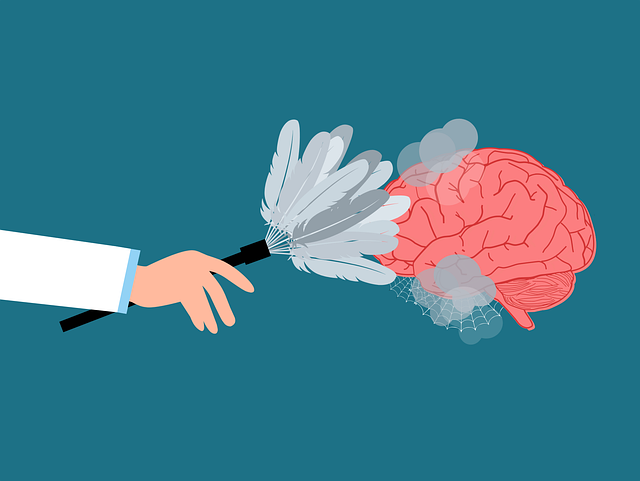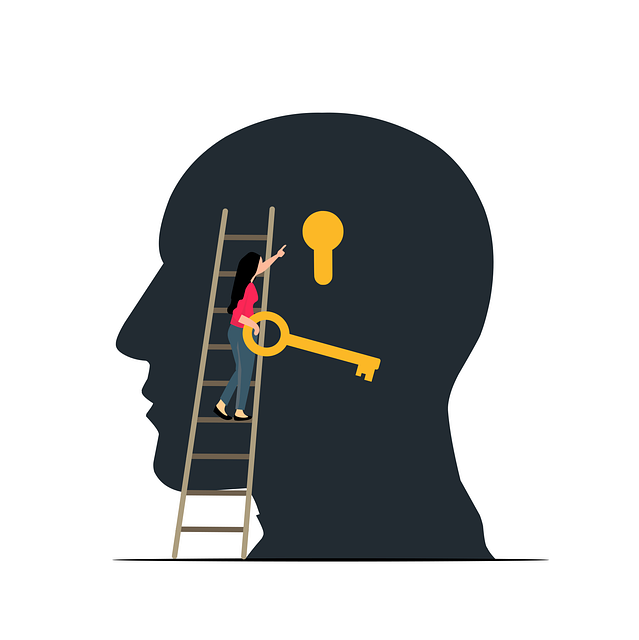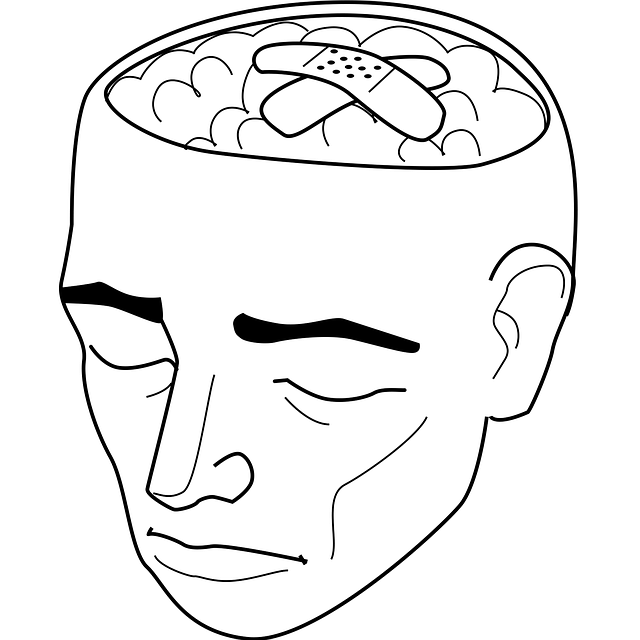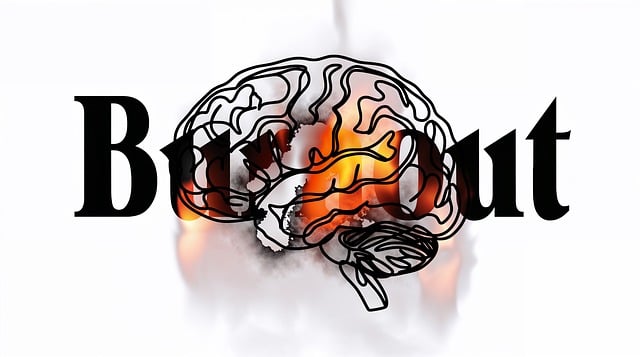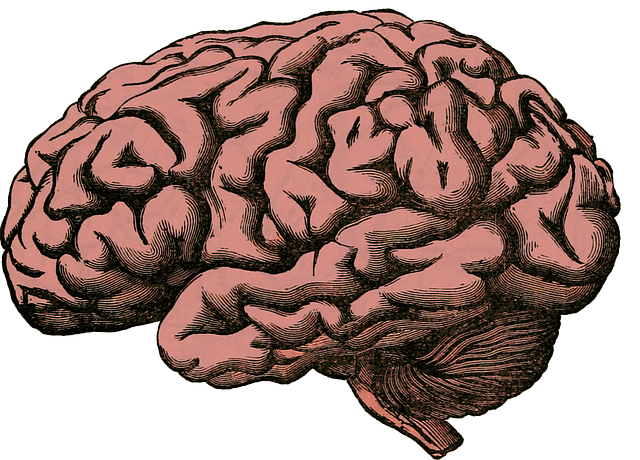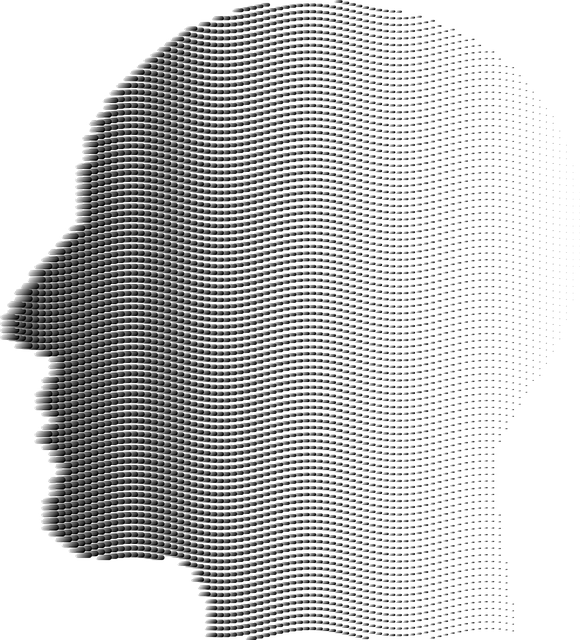Aurora Dialectical Behavioral Therapy (DBT) focuses on building resilience through its RFM framework, combining individual therapy and group skills classes. By identifying strengths, risks, and needs, individuals gain tailored strategies for emotional regulation and distress management, improving coping abilities and self-awareness. The program's structured exercises, like Mental Wellness Journaling, empower clients to navigate challenges with adaptability, fostering emotional intelligence and leading more fulfilling lives.
“Unraveling the power of resilience is a transformative journey, and the RFM (Recovery, Flexibility, Mastery) model stands as a beacon in this path. This article delves into the profound impact of RFM on building mental fortitude, particularly through the lens of Aurora Dialectical Behavioral Therapy (DBT). We explore how this holistic approach intertwines with RFM exercises to foster adaptability and resilience. By integrating practical strategies from DBT therapy, individuals can cultivate a robust mindset, enhancing their ability to navigate life’s challenges.”
- Understanding RFM and Its Role in Resilience Building
- Aurora Dialectical Behavioral Therapy: A Holistic Approach
- Practical Exercises to Cultivate Resilience Through RFM
Understanding RFM and Its Role in Resilience Building

Resilience is a vital component of mental wellness, enabling individuals to navigate life’s challenges with adaptability and bounce back from setbacks. This is where RFM (Strengths, Risks, and Needs) comes into play, serving as a powerful tool in Aurora Dialectical Behavioral Therapy (DBT). By identifying one’s strengths, risks, and needs, individuals can develop a tailored approach to building resilience.
The Aurora DBT framework emphasizes the Mind Over Matter principles, encouraging active participation in one’s mental wellness journey. This involves strategies like Mental Wellness Journaling Exercise Guidance, where individuals track their thoughts, emotions, and behaviors, identifying patterns and triggers. Understanding RFM aids in recognizing personal risks and needs, fostering a sense of control and empowering individuals to proactively manage stress. Through this process, one can enhance their ability to cope with difficult situations, ultimately improving overall resilience.
Aurora Dialectical Behavioral Therapy: A Holistic Approach

Aurora Dialectical Behavioral Therapy (DBT) represents a comprehensive and holistic approach to mental health care, specifically tailored for individuals seeking to enhance their resilience and emotional well-being. This therapy goes beyond traditional talk therapy by integrating various skills training techniques to empower clients in managing intense emotions, reducing distress, and fostering positive thinking. DBT is designed as a structured program that includes individual therapy sessions and group skills classes, addressing a range of mental health challenges.
The unique aspect of Aurora DBT lies in its emphasis on teaching practical coping strategies for emotional healing processes. By combining cognitive-behavioral techniques with mindfulness practices, clients learn to navigate through life’s difficulties with greater balance and adaptability. This approach is particularly beneficial for those struggling with emotional dysregulation, as it equips them with the tools to improve their overall mental health and maintain a sense of equilibrium in their lives.
Practical Exercises to Cultivate Resilience Through RFM

Building resilience through RFM (Regulation, Flexibility, and Mastery) exercises is a practical approach that can be integrated into various therapeutic practices, including Aurora Dialectical Behavioral Therapy. These exercises are designed to help individuals develop coping strategies and enhance their ability to navigate life’s challenges. By focusing on regulation, individuals learn to manage intense emotions and maintain a sense of calm, fostering a more resilient mindset. Flexibility training encourages adapting to change and uncertainty, promoting a growth-oriented perspective. Mastery skills empower individuals to set and achieve goals, boosting self-efficacy and overall well-being.
The Aurora DBT therapy model emphasizes these principles, offering practical tools for resilience building. Through structured activities, clients can learn to identify triggers, develop healthier responses, and enhance their emotional intelligence. Cultural sensitivity in mental healthcare practice is also addressed, ensuring that RFM exercises are adapted to individual backgrounds and experiences. Encouraging positive thinking and a proactive approach, these techniques empower individuals to lead more fulfilling lives, even amidst adversity.
In conclusion, Aurora Dialectical Behavioral Therapy offers a holistic approach to building resilience through the integration of RFM. By understanding and applying the principles outlined in this article—from the foundational concepts of RFM to practical exercises—individuals can enhance their ability to navigate life’s challenges. The combination of mindfulness, emotional regulation, and effective coping strategies empowers folks to embrace change, foster growth, and cultivate a deeper sense of resilience.

